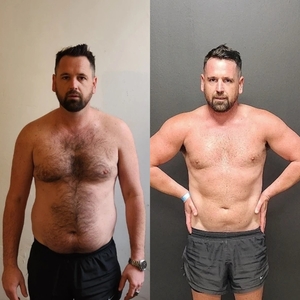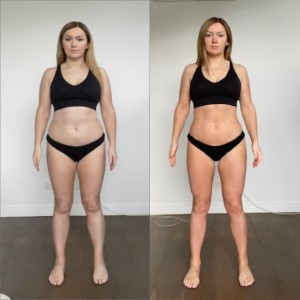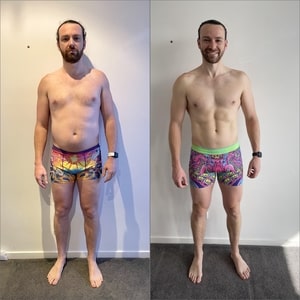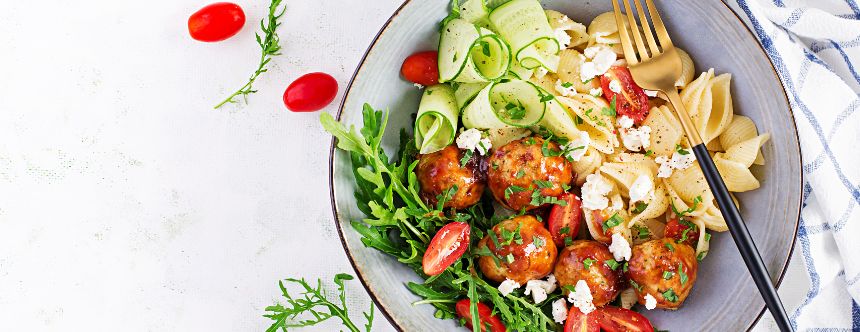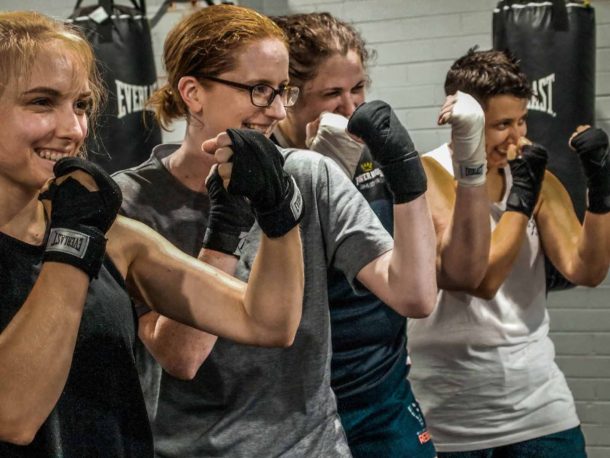Cardio Kickstart: A Beginner’s Guide to Cardiovascular Fitness
If you’re new to the gym or just getting back into the swing of things, cardio is a fantastic way to build the tank and feel fitter and healthier. In this beginner’s guide, we’re diving into the benefits of cardio, the different types of machines you’ll find at most gyms, and how to approach your cardio routine for optimal results.
The Benefits of Cardio
Cardiovascular exercise, often simply referred to as cardio, is one of the most neglected areas in people’s programs. It’s not just about burning calories – it offers a host of benefits that can help enhance your overall well-being:
1. Boosts Your Immune System: Engaging in regular cardio workouts can strengthen your immune system, helping your body fend off illnesses more effectively.
2. Improves Sleep: Cardio can contribute to better sleep quality by regulating your sleep patterns and promoting deeper, more restful sleep.
3. Strengthens Your Heart: Your heart is a muscle, and like any muscle, it benefits from a good workout. Cardio helps make your heart stronger and more efficient at pumping blood throughout your body.
Varieties of Cardio Equipment
When you step into the cardio zone at Dukes Gym, you’ll find a variety of machines designed to get your heart pumping. Here are some of the standard options you’ll find:
Treadmill: The classic choice for walkers and runners, allowing you to control your speed and incline.
Spin Bikes: A high-energy option that mimics the experience of outdoor cycling, engaging your legs and core.
Cross Trainers: These machines combine the motions of walking, running, and stair climbing, providing a full-body workout.
Rowers: A low-impact choice that engages multiple muscle groups, particularly the back, legs, and core.
Stairmasters: Simulates stair climbing and provides an excellent lower body workout.
Finding Your Starting Point
As a beginner, the world of cardio machines might seem a bit overwhelming. The key is to dive in and experiment. Try various machines and figure out which ones resonate with you the most. Even if you’re not in love with a particular machine, go for the ones you dislike the least – it’s all about finding what works for you.
To begin, aim for three sessions per week, with each session lasting 10 minutes. Gradually increase your time by 5 minutes each week. For instance, start at 10 minutes per session in week 1, move to 15 minutes in week 2, and continue progressing until you reach 30 minutes per session.
Cardio and Your Fitness Goals
Two common questions often arise regarding cardio:
1. Does Cardio Hinder Muscle Gains?: In short, no. Cardio can coexist with weight training as long as it doesn’t interfere with your regular strength sessions.
2. Can Cardio Alone Drive Weight Loss?: While cardio can contribute to calorie burning, weight loss primarily hinges on maintaining a caloric deficit. If your goal is weight loss, pay attention to your caloric intake alongside your cardio efforts, not just how many minutes you’re spending on the stairmaster 😅.
Remember, cardio is a powerful tool you can use to help burn calories, but it’s not the sole solution to weight loss. It’s best used in conjunction with a balanced diet and other forms of exercise.
Now that you’re across the basics, it’s time to lace up those sneakers and start moving 👟




